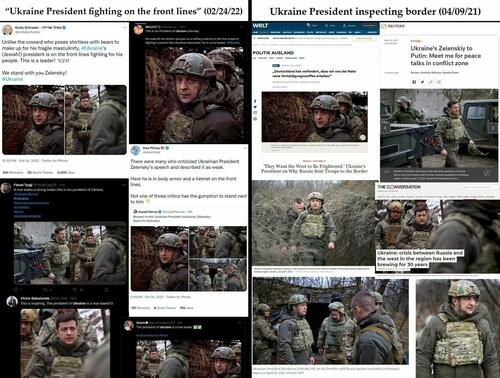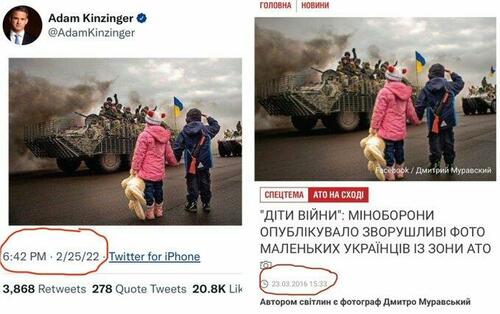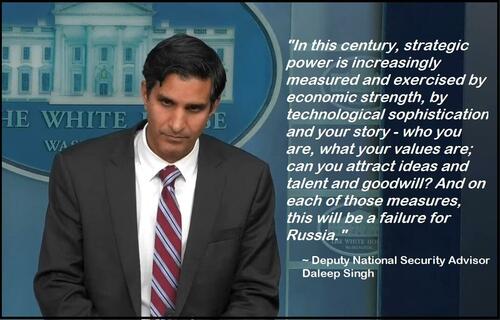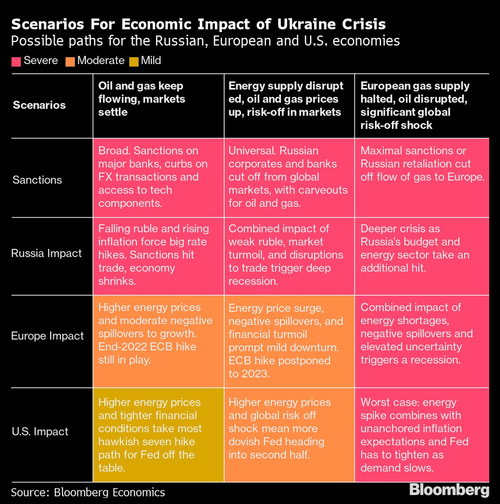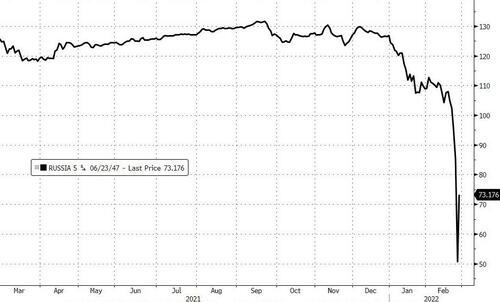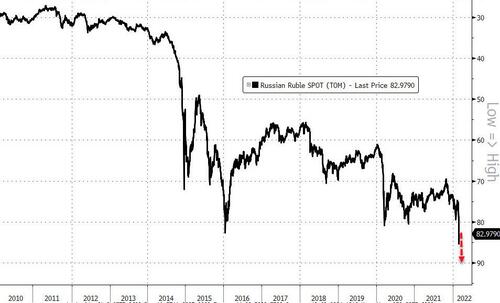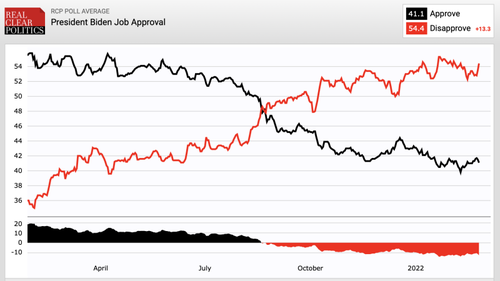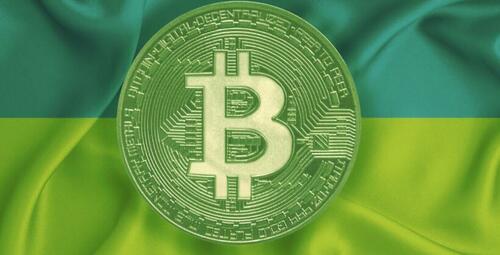
The best Saturday Night Live sketches feel like funhouse-mirror versions of real life—echoes of conversations or situations we’ve experienced, but with comedic exaggerations. I mean, who hasn’t seen lobster on a menu in a diner and wondered: “Why?”
The best sketch in last night’s show, hosted by former SNL writer and recently out-of-rehab standup superstar John Mulaney, is a perfect example. It could have been yanked out of probably thousands of conversations around the country this week after the Centers for Disease Control and Prevention (CDC) finally loosened their guidelines for masking—guidelines that have been used to justify all sorts of local and state polices that often make little sense. Like, say, the rules in D.C. and several other major cities requiring you to wear a mask to enter a restaurant even though you’re going to take it off as soon as you sit down to eat.
That’s where the sketch begins, with six friends gathered for dinner. One of them, Keenan Thompson, is still wearing his mask when we join the group mid-conversation. After he removes it, fellow diner Heidi Gardner cautiously mentions an article she’d read suggesting that “mask mandates had, I don’t know, little to no effect on COVID.”
“It’s not like I’m anti-mask or anything,” Gardner quickly clarifies, “I just sometimes wonder if any of the things we did actually helped.”
That sets off a chain reaction around the table, with each member of the group rest of the table reacting in exaggerated, GIF-tastic horror—before slowly, even painfully admitting that they, too, are questioning the effectiveness of the pandemic theater that we’ve endured over the past two years.
It’s an unexpectedly subversive sketch from a show that rarely aims its fire these days at the liberal political consensus. It’s five minutes of saying aloud thoughts that a lot people have been condemning as off-limits.
Kate McKinnon’s character is “personally so relieved to be vaccinated” but then wonders aloud whether those who are vaccine-hesitant might not have a valid reason for refusing the shot? Mulaney timidly suggests that maybe “we”—read: the show’s liberal audience—have been too quick to demand that the unvaccinated lose their jobs and get shunned from public life.
From there, it becomes a rapid-fire unraveling of the logic behind much of what’s happened in the past year. Outdoor dining? “Oh, you mean when they built a smaller restaurant in the street, how is that outdoors?” asks Mulaney. The CDC’s ever-changing and confusing guidance? “When I make a mistake at work, I don’t get to say ‘the science changed,'” complains Thompson.
But it’s McKinnon who delivers the final blow with a long story about how she attended a child’s birthday party in which all the kids were masked while doing gymnastics—and then took off the masks to eat pizza.
“So did they really need the mask?” she says, looking like she’s about to vomit simply by stating the question out loud. “Did any of us ever need the mask?”
These are, of course, questions that a lot of us have been asking for months, even years. And while masking in some circumstances helps slow the spread of coronaviruses, it’s also true that mask mandates are mostly about virtue signaling and haven’t been shown to work. As McKinnon points out, there’s little logic behind masking in some settings and then immediately unmasking in the same setting. And officials’ disregard for their own COVID policies has only further demonstrated how silly many of these rules were in the first place.
Good on SNL for telling viewers that it’s fine to question, and to laugh at, all this.
The post <i>SNL</i> to Liberals: It's OK To Question Nonsensical Mask Mandates appeared first on Reason.com.
from Latest https://ift.tt/lrf5Ed3
via IFTTT
